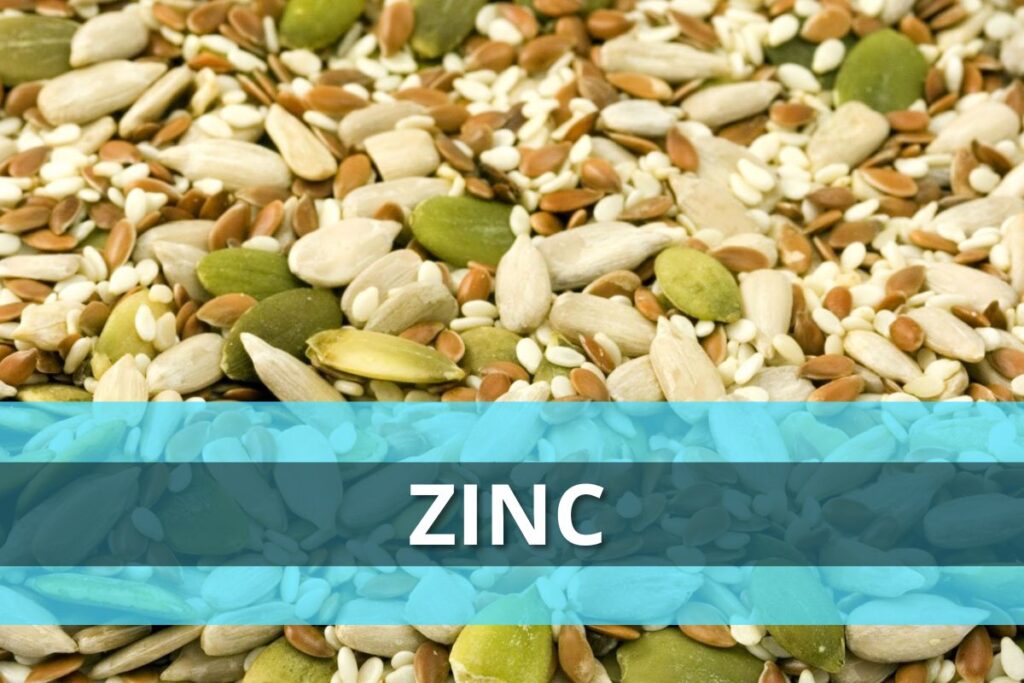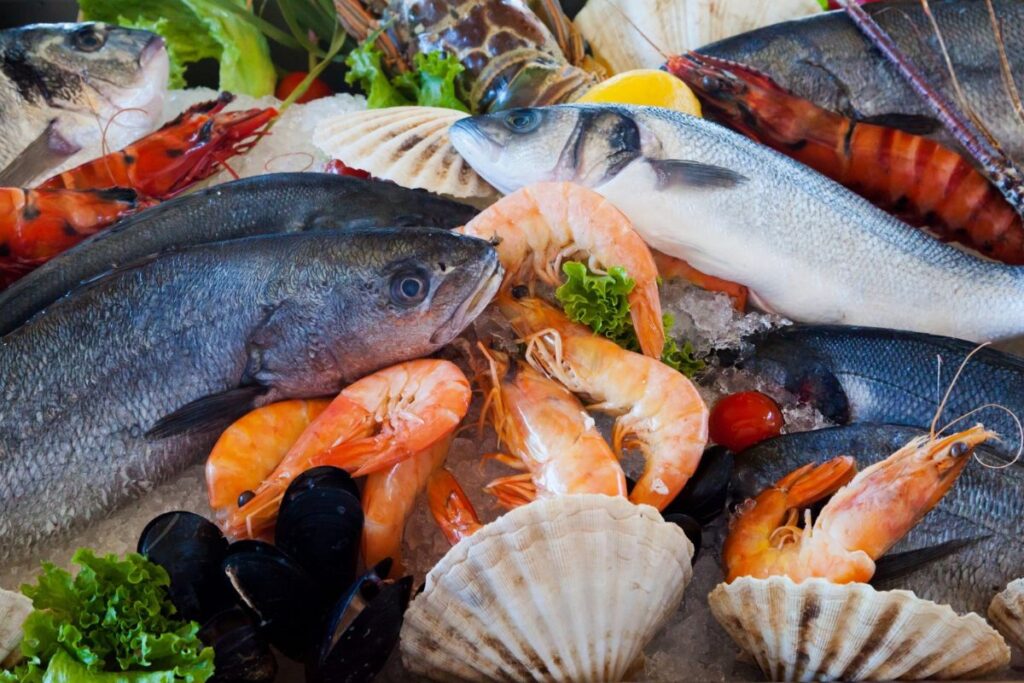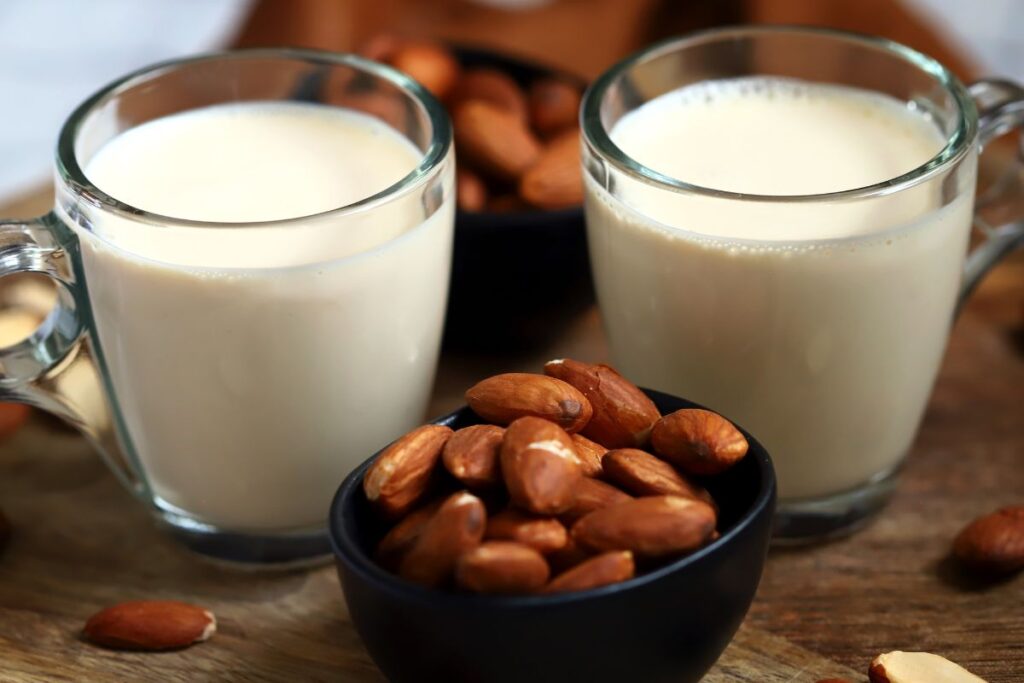Zinc
Author:
Unlock your full potential by engaging with our experts and community! Have questions about your fitness journey or looking for expert advice on weightlifting techniques? Don’t hesitate — leave a comment below and Sergii Putsov will provide a personalized answer and insights to help you reach your goals.
Torokhtiy is reader-supported. Some links are affiliate links, and we may earn a commission at no extra cost to you. See our disclosure page for details.

Zinc is one of the most important microelements for the optimal functioning of the human body. Where should we look for it and why is it so important? Our body can’t store zinc, that’s why it is one of the significant nutrients that we must necessarily receive from the outside.
Its functional responsibilities are great:
- it takes part in gene expression;
- activates the work of more than 200 enzymes;
- it’s a structural component of proteins, hormones, neuropeptides and hormone receptors;
- takes part in wound healing and body growth;
- it’s required for the proper functioning of the immune system;
- zinc deficiency can lead to a violation of taste and smell;
- reduces the oxidative stress and inflammation reactions in the body;
- maintains the work of sex hormones, primarily the testosterone;
- affects the skin health, as its deficiency can cause acne;
- takes part in carbohydrate metabolism, which means the prevention of insulin resistance and type 2 diabetes;
- maintains the normal thyroid functioning.
All these functions are particularly important for athletes, since under the influence of intensive training, the immune system can suffer, injuries and inflammatory reactions inside the body can develop.

So where should we look for zinс? In the first place, it is in food, of course.
You may like it:
The athlete’s food basket should always contain zinc rich foods.
These include:
- seafood – oysters, mussels, crab, lobster;
- fish – sardines, salmon family;
- meat and its co-products – veal, beef, turkey, chicken;
- legumes – lentil, chickpeas, peas, dark beans;
- nuts and seeds, especially pumpkin seeds, hemp seeds, cashews;
- eggs;
- dairy products – hard and aged kinds of cheese;
- cereals – quinoa, oats, wild rice;
- some vegetables – mushrooms, green peas, asparagus, kale.
It is worth remembering that zinc is more bioavailable and easier absorbed by the body from animal products, than from the plant-based ones. Since the latter contain substances that slow down the absorption of zinc. In order to get the maximum benefit from cereals and legumes, they should be soaked for several hours.

In case of severe deficiencies, it is necessary to consult a doctor. Do not take zinc supplements on your own, as they can be toxic if the dosage was incorrectly selected.
Zinc overdose symptoms may be as follows:
- headaches;
- nausea, vomiting;
- loss of appetite;
- diarrhea;
- the decrease of the immune system function;
- abdominal cramps.
Please note that zinc supplementation can interfere with the absorption of other nutrients, especially copper.
Drinking alcohol greatly reduces zinc in the body.
Getting zinc from nutrition is not so difficult if your diet is balanced, varied and made up of the right foods. Dark chocolate also contains a small amount of zinc, but keep in mind the fact that it has about 600 calories, therefore it is not always reasonably to choose this particular product in order to cover the needs for this microelement. But a sufficient protein amount in your daily diet can maintain zinc levels at an optimal rate.
Train together – train right
You might be interested in:
Why Trust Us?
With over 20 years in Olympic weightlifting, strength training, nutrition coaching, and general fitness our team does its best to provide the audience with ultimate support and meet the needs and requirements of advanced athletes and professional lifters, as well as people who strive to open new opportunities and develop their physical capabilities with us.
By trusting the recommendations of our certified experts in coaching, nutrition, and sports training programming, as well as scientific consultants, and physiotherapists, we provide you with thorough, well-considered, and scientifically proven content. All the information given in the articles concerning workout programming, separate exercises, and athletic performance, in general, is based on verified data.
The product testing process is described in more detail here.
Author: Sergii Putsov
Head of Sport Science, PhD
Best Results: Snatch – 165 kg,
C&J – 200 kg
Sergii Putsov, Ph.D., is a former professional weightlifter and National team member, achieving multiple medals in the 94 kg weight category at national competitions. With a Master’s degree in “Olympic & Professional Sport Training” and a Sport Science Ph.D. from the International Olympic Academy, Greece, Sergii now leads as the Head of Sport Science. He specializes in designing training programs, writing insightful blog articles, providing live commentary at international weightlifting events, and conducting educational seminars worldwide alongside Olympic weightlifting expert Oleksiy Torokhtiy.




Still have questions after reading our article? Unlock your full potential by engaging with our experts and community! Don’t hesitate — leave a comment below and Sergii Putsov will provide a personalized answer and insights to help you reach your goals.